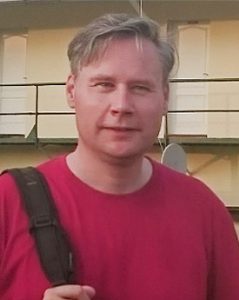Members of LANN
 I am a Lecturer in Cognitive Neuroscience and a BBSRC New Investigator in the Department of Psychology at Lancaster University UK, where I leads the Neuroscience of Speech and Action (NoSA) Laboratory. The NoSA Lab investigate research questions surrounding how speech, action, and cognitive function are represented in the brain; how these functi ons work in health and disease; and how they are affected by the ageing process. To answer these questions, we use a variety of methods, including Transcranial Magnetic Stimulation (TMS), electroencephalography (EEG), Magnetic Resonance Imagining (MRI), electromyography (EMG), and behavioural techniques.
I am a Lecturer in Cognitive Neuroscience and a BBSRC New Investigator in the Department of Psychology at Lancaster University UK, where I leads the Neuroscience of Speech and Action (NoSA) Laboratory. The NoSA Lab investigate research questions surrounding how speech, action, and cognitive function are represented in the brain; how these functi ons work in health and disease; and how they are affected by the ageing process. To answer these questions, we use a variety of methods, including Transcranial Magnetic Stimulation (TMS), electroencephalography (EEG), Magnetic Resonance Imagining (MRI), electromyography (EMG), and behavioural techniques.
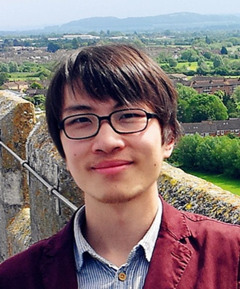
My research interests broadly lie in cognitive neuroscience of language. My current work focuses on neurocognitive mechanisms of inner speech and verbal hallucinations, abstract conceptual processing, discourse reading, and bilingual processing. I use behavioural methods, EEG, s/fMRI, eye tracking, neurostimulation, computational modelling in my research.
I am interested in speech perception, psychophysiology and the psychological and neural consequences of hearing loss. My PhD focused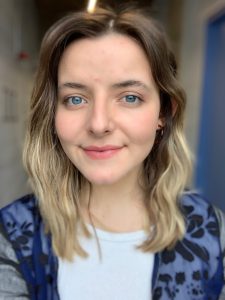 on researching effort in listening, typically experienced by people with hearing loss, using psychological theories and cardiac measures to quantify listening effort. I am now working on a project that aims to understand the impact of age-related hearing loss on brain networks involved in perceiving speech
on researching effort in listening, typically experienced by people with hearing loss, using psychological theories and cardiac measures to quantify listening effort. I am now working on a project that aims to understand the impact of age-related hearing loss on brain networks involved in perceiving speech
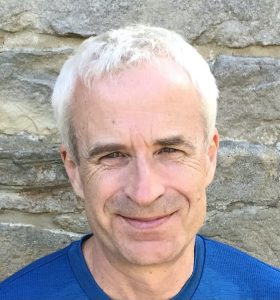
Chris Plack was educated at Christ’s College, University of Cambridge, where he obtained a BA in Natural Sciences in 1987 and a PhD in 1990, specialising in psychoacoustics. He worked as a postdoctoral research fellow for two years at the University of Minnesota, and for two years at the University of Sussex, before being awarded a Royal Society University Research Fellowship in 1994. He moved to the University of Essex in 1998, and was promoted to Chair in 2001. He moved again to Lancaster University in 2005, before obtaining his present position of Ellis Llwyd Jones Professor of Audiology at the University of Manchester in 2008. He is also currently Professor of Auditory Neuroscience at Lancaster University. Chris Plack has published over 100 peer-reviewed journal articles, 12 book chapters, an introductory textbook on hearing, and two volumes as lead editor. In 2003 he was elected a Fellow of the Acoustical Society of America.
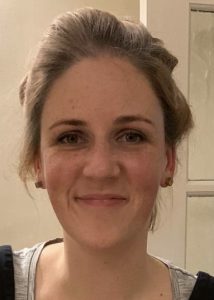
I am a pediatric auditory neuroscientist. I am interested in the effect of everyday hearing technology (e.g. hearing aids, earbuds with remote microphone apps) on language, cognition, academic ability and cortical acclimatisation in children with normal hearing and hearing impairment. I use neuroimaging techniques, EEG and MRI, to understand the underlying mechanisms of speech and non-speech listening skills in hearing impairment and developmental disorders. I am also exploring how to bring gamification and virtual reality to paediatric hearing and listening research.
Patrick May is a Reader in the Department of Psychology
